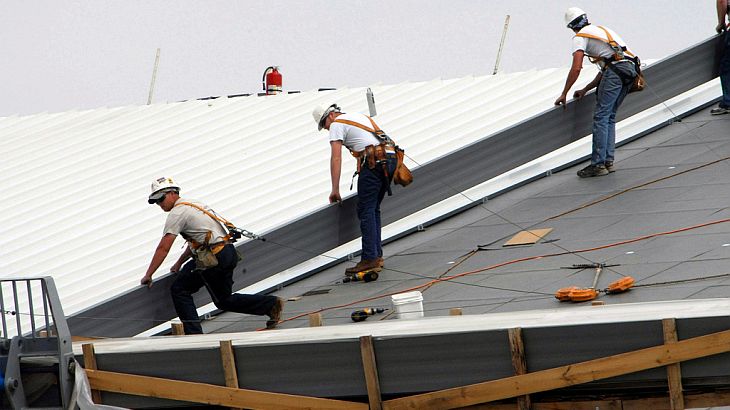EU leaders will discuss strengthening the enforcement of existing energy laws at their 19 March summit, after the European Commission (EC) signaled it would toughen its policing of efficiency rules by launching infringement procedures against recalcitrant EU member states. The EC was on track to launch infringement procedures against member states that have not properly implemented EU energy efficiency law, Energy and Climate Action Commissioner, Miguel Arias Cañete, told EurActiv.com.
Draft conclusions for the European Council in Brussels, seen by EurActiv, have efficiency laws on the agenda for the heads of state and government, as part of discussions over the new Energy Union. The draft, dated 9 March, represents a shift from an earlier leaked paper. Guidelines for the conclusions were circulated by the Council secretariat, to sketch out subjects for the talks. But the guidelines did not mention energy efficiency at all and only mentioned renewables in the context of cutting national support schemes.
Efficiency and renewable energy have a much stronger presence in the new draft, suggesting Council officials had reacted to feedback from the European Commission and EU energy ministers at a Council of the EU meeting last week.
“One of the things we are doing […] and was asked by Member States to do is to implement fully the Third Energy Package before coming up with new legislation”, Cañete said after the Council of Ministers meeting. Dana Reizniece-Ozola, Latvia’s Minister of the Economy, who chaired the meeting, said: “Many of my colleagues concurred with the call for the Commission to put efficiency first.”
New draft conclusions
As well as “fully implementing and rigorously enforcing” existing laws, reviewing energy efficiency and renewable energy legislation to ensure the EU hits the 2030 Climate and Energy targets will be on the EU leaders’ schedule. Plans to overhaul the EU’s electricity market were due to be discussed. But now the document states that the overhaul must help integrate renewables.
The measures are outlined in the Energy Union communication, launched on 25 February. It is the EU’s strategy to bolster its resilience to shortages and lessen its dependence on Russian gas. How the governance of the Energy Union will work is one of the key questions policymakers must answer.
In Strasbourg (11 March), MEPs raised concerns about the lack of efficiency on the earlier paper during an Energy Union debate. Belgian Socialist Kathleen Van Brempt said she wanted it to be discussed by EU leaders. “We’d like to emphasize the importance of energy efficiency”, she said.
“40% of the EU’s energy demand is in buildings, and much of that is from gas heating. Better insulation can be Europe’s secret weapon against dependency on Russian gas supplies”, said Brook Riley, a campaigner with Friends of the Earth Europe.
Approximately 75% of the EU’s building stock is highly inefficient, said Cañete last week. “This is a clear area where the possibilities are enormous”, he added. Despite that, the Energy Efficiency Directive, and articles related to the performance of buildings were the areas where member states were more at risk of infringement than others, he said.
